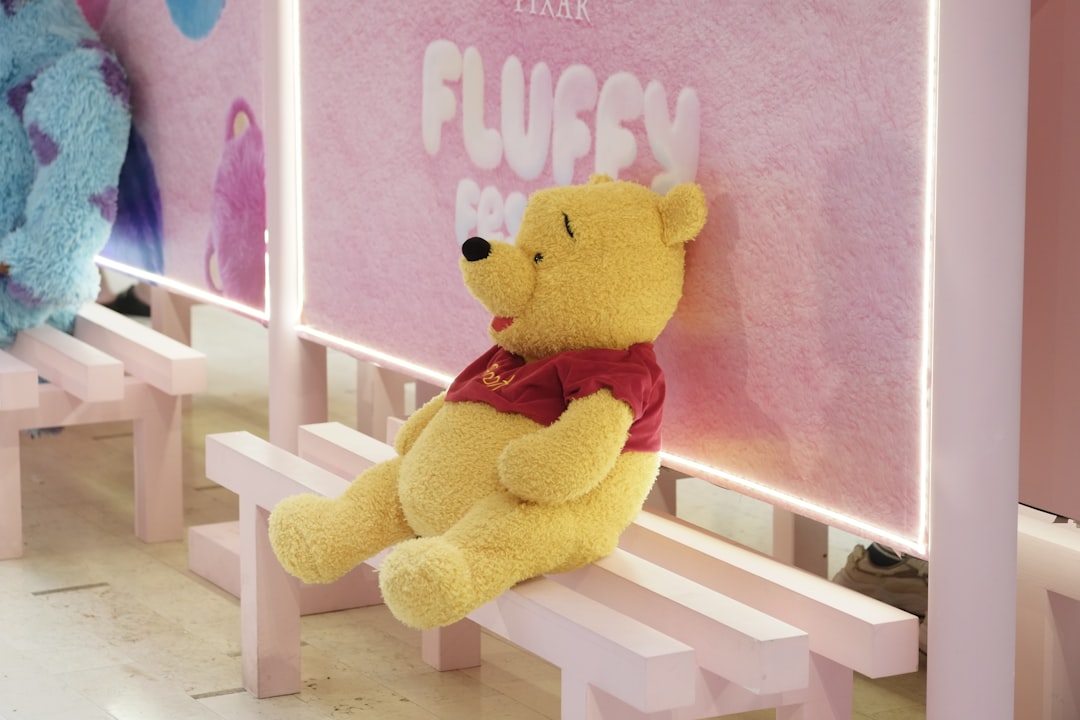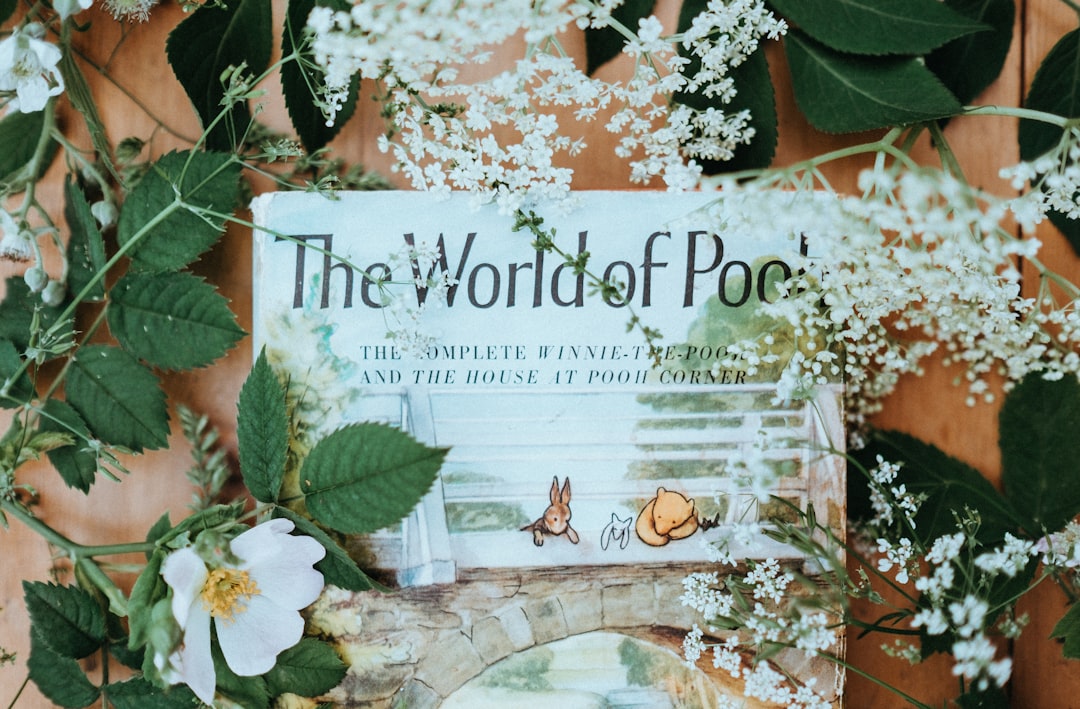In the realm of innocent adventure and honey-filled escapades, Winnie the Pooh, the endearing bear from the Hundred Acre Wood, beautifully exhibits the principles of Taoism and Zen philosophy. Unbeknownst to many, this lovable character's outlook on life embodies the wisdom of living in "the Now," echoing great spiritual teachings in the simplest, most wholesome manner.
1. What is the Main Message Conveyed in "The Tao of Pooh"?
"The Tao of Pooh" by Benjamin Hoff beautifully uses characters from Winnie the Pooh to illustrate the principles of Taoism. The book advocates for living with simplicity, harmony, and balance, suggesting that these elements can lead to ultimate happiness and a fulfilled life. Beneath Pooh's seemingly simplistic outlook on life beholds profound wisdom. Pooh is often seen as an embodiment of the Taoist 'Pu' – “the uncarved block”, indicating simplicity, modesty, and a state of pure potential. This gentle, carefree bear teaches us to appreciate the beauty in life's simplicity, reminding entrepreneurs that success doesn't always have to be complicated.

Buy a copy of the Tao of Pooh on Amazon.
2. How does Pooh embody the Taoist Principle of Wu Wei?
The concept of "Wu Wei" in Taoism refers to effortless action or going with the flow. Pooh, with his simple-mindedness and spontaneous nature, goes through life without overthinking or forcing things, leading him to achieve without consciously trying — a perfect embodiment of Wu Wei.

Photo by Gilbert Ng / Unsplash
3. How Does the Book Use Pooh's Character to Explain Life's Simplicity?
Simplicity at Its Best: Beneath Pooh's seemingly simplistic outlook on life lies a profound wisdom. Pooh is often seen as an embodiment of the Taoist 'Pu' – the uncarved block, indicating simplicity, modesty, and a state of pure potential. This gentle, carefree bear teaches us to appreciate the beauty in life's simplicity, reminding entrepreneurs that success doesn't always have to be complicated.
Living in the Moment: Like Eckhart Tolle's teachings in 'The Power of Now,' Pooh embraces every moment with childlike curiosity and joy. Whether it's savoring his favorite honey or enjoying the company of his friends, he is always fully present. For those entangled in entrepreneurial stress, Pooh's approach of savoring the present moment provides a lighter, more Zen perspective.
Harmony with Nature: In his unceasing camaraderie with nature, Pooh embraces the Taoist principle of living in harmony with the natural world. Entrepreneurs can take a leaf from Pooh's book, realizing that balance, sustainability, and understanding our place in the larger ecosystem are integral to holistic success.
Unconditional Love and Friendship: Above all, Pooh exemplifies unconditional love for his friends and displays great empathy – akin to a true Zen master. Maintaining strong bonds and treating others with respect and kindness is a lesson all entrepreneurs can benefit from for nurturing harmonious work environments.
Acceptance and Contentment: Despite his many sticky situations, Pooh never indulges in stress or worry. He takes life as it comes, accepts challenges with a smile, and remains content, radiating positivity even amidst adversity. This acceptance and contentment can serve as a powerful tool for entrepreneurs facing hardships, reframing challenges as opportunities for growth.
4. What is the Role of the Other Characters in Explaining Taoist Principles?
Each character in "The Tao of Pooh" represents a different way in which people resist their natural, simple self and over-complicate their lives. Rabbit represents intellectual knowledge, Owl symbolizes academic knowledge, and Eeyore ascribes to negativity and pessimism. Hoff suggests that each character could be happier and more fulfilled by embracing Taoist principles.
5. Can Entrepreneurs Learn from Pooh's Simplicity in Managing Their Business? Absolutely, entrepreneurs can learn a lot from Pooh's simplicity. The principles of Taoism can inform a simpler, balanced, and harmonious approach to business. Pooh's way of effortless achievement (Wu Wei) can inspire entrepreneurs to go with the flow, adapt to changes, and find efficient, uncomplicated solutions to problems.

Photo by Annie Spratt / Unsplash
6. How Relevant are these Principles in Today's Fast-Paced World?
Even in our fast-paced, high-stress world, the principles of Taoism remain relevant. They remind us to slow down, appreciate simplicity, and find balance. More importantly, they teach us that happiness doesn't come from constant striving and accumulating, but from being content with who we are and what we have. In conclusion, "The Tao of Pooh" offers profound and timeless wisdom.

The lessons conveyed through Pooh and his friends inspire us to embrace simplicity, maintain balance, and live harmoniously, ultimately leading to happiness and fulfilment. Remember, we can achieve a lot more by sometimes doing less — very much in the spirit of Wu Wei. Embrace your inner Pooh and let the Taoist journey begin!

